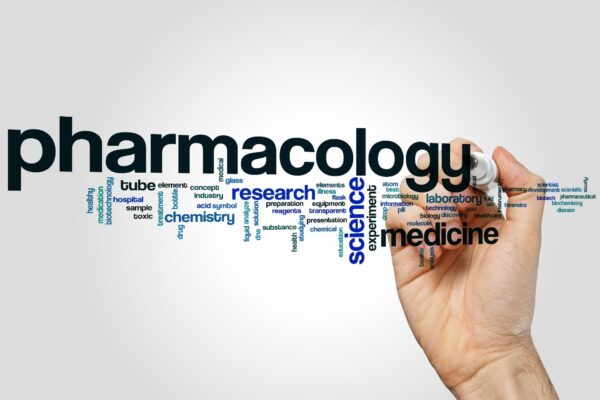Integrating environmental health into medical curricula is a necessity for delivering effective, equitable, and future-ready healthcare.
Category: Alice Chang, Ph.D.
Teaching Scientific Communication: Preparing Students to Share Research with the Public
Training science and medical students to communicate their research effectively is no longer a luxury—it’s a necessity.
Advances in Nanomedicine: How Tiny Particles Are Changing Drug Delivery
Nanotechnology is transforming the field of medicine by enabling more precise, effective, and personalized drug delivery.
The Evolution of Pain Management: Beyond Opioids and Toward Safer Alternatives
The future of pain relief is in harnessing the power of science, innovation, and a more holistic understanding of pain.
The Role of Systems Biology in Understanding Complex Diseases
As the field evolves, it holds the potential to revolutionize precision medicine and improve patient outcomes in ways previously unimaginable.
The Role of Epigenetics in Disease Treatment
As we unlock the full potential of epigenetic science, the future of medicine will be increasingly personalized, preventative, and precise.
Enhancing Collaboration Between Educators and Researchers: Transforming Medical Education through Partnership
In the evolving landscape of medical education, the partnership between educators and researchers has become increasingly vital.
The Evolving Role of Pharmacology in Medical Curriculum: Bridging Theory with Practice
As pharmacology continues to evolve, its role in medical education will remain pivotal, shaping the next generation of healthcare providers.
Overcoming Challenges in Teaching Complex Scientific Concepts: Practical Tips for Success
We explore strategies to simplify complex scientific concepts while keeping students actively involved in their learning journey.
Case-Based Learning: A Catalyst for Student Engagement in Medical Education
We explore the benefits of CBL in medical education, particularly in the intricate disciplines of biochemistry and pharmacology.









